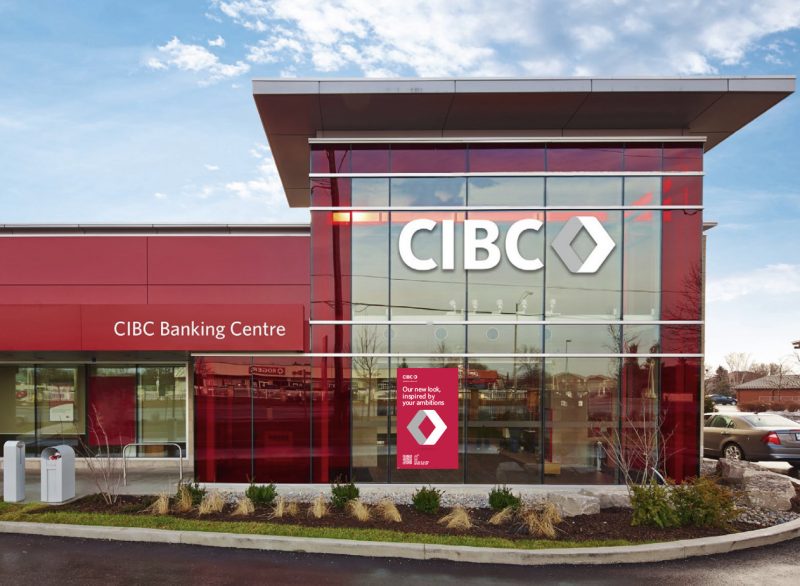
CIBC reported a drop in earnings Thursday from a year ago as it set aside more money for potentially bad loans amid rising interest rates.
The bank reported a net income of $1.67 billion in its third quarter, down from $1.73 billion in the same quarter last year, as it saw losses in its Canadian personal and business banking, U.S. commercial and wealth management, and capital markets divisions.
The money set aside for potential loan losses totalled $243 million, compared with a reversal of credit losses that amounted to $99 million in its third quarter last year.
All of the banks reporting so far have added to their loan buffers as the economic outlook worsens on higher central bank interest rates meant to slow inflation, though CIBC had a smaller increase in its provisions than some other banks this quarter as it was the only one to add to provisions last quarter.
Revenue of $5.57 billion was up from $5.06 billion in the same quarter last year thanks to growth across the bank, said chief executive Victor Dodig on an earnings call Thursday.
“Results were driven by organic growth in all of our businesses.”
CIBC has been investing heavily in client acquisition including through a rebrand and its purchase of the Costco credit card portfolio, helping to push up expenses 9% from last year and up 2% from the previous quarter.
The strategy has seen the bank add over 300,000 clients in the past year, while the bank’s nearly 4,000 employees focused on building business with affluent and high-net-worth clients helped make about 25% of the additions fall in the affluent category, said Dodig.
CIBC has also emphasized that the acquisition of the Costco portfolio will translate into more clients, with about 20,000 franchised so far, said Laura Dottori-Attanasio, group head of personal and business banking in Canada.
“Early days, we’re only five months in, but we’re really pleased with our momentum.”
CIBC said its Canadian personal and business banking business earned $595 million, from $642 million in the same quarter last year, while Canadian commercial banking and wealth management earned $484 million, up from $470 million — an increase of 3%.
Wealth management revenue was down $28 million in the quarter, primarily due to lower commission revenue from decreased client activity and lower fee-based revenue from market depreciation, and partially offset by higher net interest income mainly from deposits, the bank said in its report to shareholders.
“Recent volatility in asset markets has prompted investors to seek greater diversification in their portfolios, which could dampen the growth prospects of our Canadian and U.S. wealth management businesses in the near term,” the report said.
Asset growth has been challenged in the past few quarters driven by poor market performance caused by inflation, supply chains and geopolitical uncertainty, it said.
The bank reported a 12% rise in loan balances from last year in personal and business banking, including 1% related to Costco.
Shawn Beber, the bank’s chief risk officer, said that on the mortgage front about $19 billion in fixed rate and $7 billion in variable rate mortgages are up for renewal in the next 12 months but that only a fairly small portion are with clients who are seen as being a higher credit risk and have high loan-to-value ratios on their mortgages.
The bank’s U.S. commercial banking and wealth management arm earned $193 million, down from $266 million a year ago. CIBC’s capital markets business earned $447 million, down from $491 million in the same quarter last year.
The bank said its net income amounted to $1.78 per diluted share for the quarter ended July 31, down from $1.88 per diluted share a year earlier. On an adjusted basis, CIBC said it earned $1.85 per diluted share compared with an adjusted profit of $1.96 per diluted share a year ago.
Analysts on average had expected an adjusted profit of $1.83 per diluted share, according to financial markets data firm Refinitiv.
The earnings beat was in part linked to strong commercial lending growth, said Barclays analyst John Aiken in a note.
“As CIBC executes on its strategy, it continues to generate strong lending growth, with domestic margin expansion.”